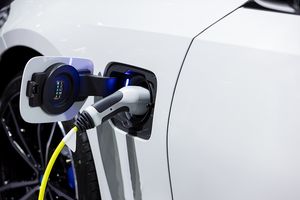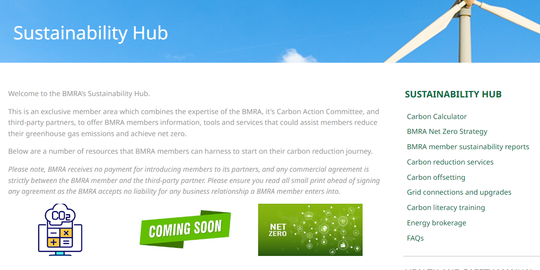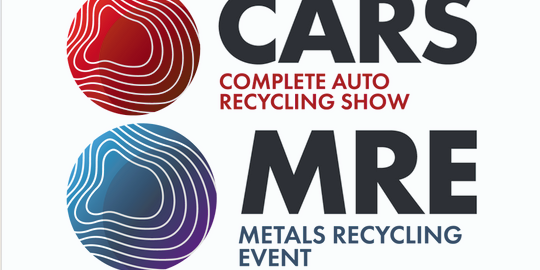A blog from Cameron Leitch

This September marks the one-year anniversary of ex-Prime Minster Rishi Sunak’s announcement, which delayed the ban on the sale of new internal combustion engine (ICE) cars and vans from 2030 to 2035. BMRA’s Policy and Sustainability Manager, Cameron Leitch, explains how things have changed since then.
Ex-Prime Minister Harold Wilson’s famously quipped that “a week is a long time in politics”. It shouldn’t therefore come as a surprise that policy can move rather quickly. And policy to speed up the transition to electric vehicles is seemingly no different.
Two months into Labour’s and Sir Kier Starmer’s premiership, and they’re looking to come good on their manifesto promise to give manufacturers much needed certainty by restoring the phase-out date of 2030 for new cars with internal combustion engines.
If realised, it will accelerate a significant change in the type of vehicle reaching end-of-life. By 2034, the car recycling sector will expect to see 190,727 electric vehicles reaching end-of-life each year, and by 2044 the number of electric vehicles at end-of-life will reach a staggering 1,280,000. Given they are typically 4-8 batteries within an electric vehicle, there will be millions of batteries to safely dismantle and recycle in the next decades.
Owing to both the infancy of the technology and little practice dealing with them, many metal recyclers have questioned their knowledge and capacity to recycle these batteries safely. This is hardly surprising given the difficulties ascertaining the health of the battery and worries about fire risk.
Whilst hesitancy around recycling batteries from electric vehicles is understandable, it has always been BMRA’s view that those batteries do not pose the same level of risk to metal recyclers that batteries used in relatively cheap products like vapes do. This view has recently been corroborated by CIWM who recently published its An EPR of Everything, Starting with Batteries! report, which identified “problem products tend to be lower-value, smaller items, e.g. rechargeable toothbrushes, vapes, etc, not higher value, expensive or large items, e.g. smartphone, laptop, cordless garden tools”.
To combat the knowledge gap and increase understanding on the safe handling of electric end-of-life vehicles (eELV), BMRA has partnered with Ken Byng of NA International/CarTakeBack through BMRA’s new Training Academy. Ken, under the ELEVATE brand offers metal recyclers Institute for the Motor Industry (IMI) Certified End of Life Electric and Hybrid Electric Vehicle Dismantling courses. The next course will be on 24 October.
These set out the risks involved in handling and making safe eELV ready for depollution and how to manage these risks and demonstrates the associated correct processes and procedures including isolation, disconnection, testing and how to safely remove and store the battery and other key components. The two-day practical course involves working on up to two ‘live’ Electric Vehicles and involves the removal and safe storage of the EV battery.
Going forward, industry wide knowledge on handling and batteries will be critical to the United Kingdom’s circular economy agenda. There are already concerns over the resource supply of the metals utilised in the lithium-ion batteries. For example, an average of 70% of the world’s cobalt (Co) originates from the Democratic Republic of Congo. The story is similar for graphite, where China and Mozambique dominate its production. Many UK policymakers are seeing recycling as the solution to reducing UK’s reliance on imports of these metals.
UK metal recyclers who are therefore capable of mobilising and investing in infrastructure to safely dismantle and recycle batteries could benefit commercially from doing so. Through the (yet to be deployed) National Wealth Fund, UK metal recyclers may also be able to crowd private investment, supported by public investment, to build state of the art end-of-life battery recycling plants.
Change is a foot, and the pace of change in this space is likely to be rapid. So, we’ll revisit this policy arena in a few months’ time. In the meantime, for those interested in learning more about the National Wealth Fund, or the electric vehicle end-of-life training course, please do get in touch with the BMRA.



